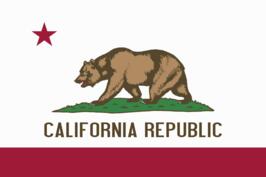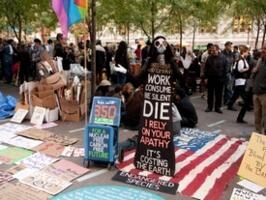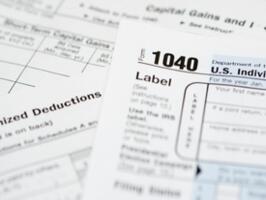36% of Workers Expect To Make More Money Next Year
A plurality of American workers believes they’ll earn about the same amount of money a year from today, and most continue to classify themselves as middle class.
The latest Rasmussen Reports national telephone survey of Employed Adults shows that 36% say they’ll be earning more money a year from today, while 12% think they’ll be earning less. Forty-five percent (45%) expect to be earning about the same amount of money a year from now. (To see survey question wording, click here.)
(Want a free daily e-mail update ? If it's in the news, it's in our polls). Rasmussen Reports updates are also available on Twitter or Facebook.
The survey of 563 Employed Adults was conducted on November 4-5, 2011 by Rasmussen Reports. The margin of sampling error is +/- 4 percentage points with a 95% level of confidence. Field work for all Rasmussen Reports surveys is conducted by Pulse Opinion Research, LLC. See methodology.











